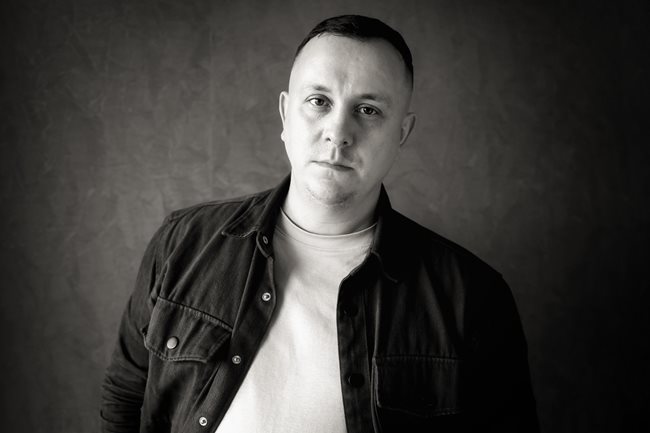A man shoots off fireworks in response to tear gas fired by riot police, during a rally outside the Georgian parliament building on Rustaveli Avenue, in Tbilisi.
Citizens took to the streets across Georgia in November 2024 when prime minister Irakli Kobakhidze announced a four-year suspension of talks on joining the European Union. This followed the European Parliament’s criticism of Georgia’s recent elections amidst claims of vote rigging. The EU had also opposed Georgia’s reintroduction in May 2024 of a controversial “foreign agents” bill, which copied a similar Russian law labelling NGOs and media outlets receiving foreign funding as “organizations acting in the interest of a foreign power”. The UN had said this posed “serious threats to freedoms of expression and association”.
Meanwhile, opposition parties and an ousted president, Salome Zourabichvili, also disputed Georgian Dream’s victory in the October parliamentary elections. The EU has since declared Georgia’s 2024 election invalid, with the OSCE ODIHR (an international election-monitoring group) reporting the misuse of administrative resources, a highly polarized campaign environment, as well as widespread intimidation and coercion against voters.
In November 2024, the European Assembly called for a rerun of the elections, while the pro-Russian prime minister Irakil Kobakhidze claimed that the EU was blackmailing Georgia in exchange for EU membership. On 28 November 2024, the prime minister announced the suspension of Georgia’s EU accession plans, and protests broke out in the capital, Tbilisi.
Thousands demonstrated outside the parliament building. Police used tear gas, water cannons, and rubber bullets against protesters. Reporters Without Borders say that police targeted journalists, with more than 70 subjected to attacks such as beatings, arrests, and equipment damage.
Protests continued into 2025 despite a severe government crackdown on dissent, with protesters demanding new elections, reinstatement of a pro-EU policy, and the release of detained protesters. The government has passed further laws to stifle protests, deter journalists, and silence political opposition.
Are you a photographer and/or passionate about press freedom? Sign up for our newsletter to stay updated on our annual contest and to hear about exhibitions near you.

